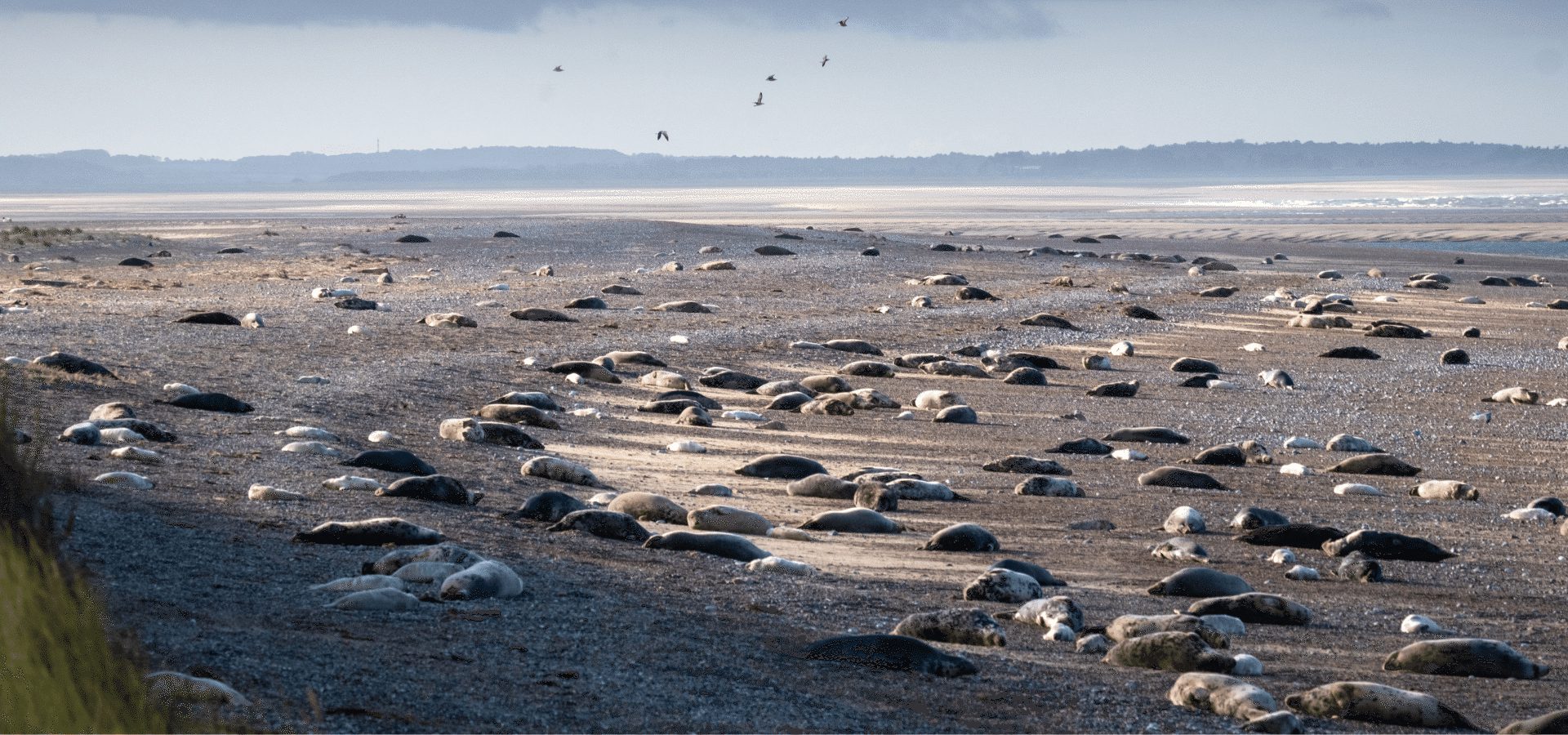- Home
- Articles

_Get inspired
Visit East of England blog
Looking for ideas for an East of England break? Our blog brings together seasonal guides, local highlights and easy inspiration across Norfolk and Suffolk, helping you plan with confidence and travel at your own pace. Discover coastal walks and big-sky days, countryside escapes, culture worth making time for, food and drink finds and what’s on throughout the year. You’ll also find themed itineraries, practical suggestions for short breaks and quieter corners when you want space and fresh air. Dip in for a quick idea, or save a few favourites to shape a weekend or longer holiday over time. New posts are added regularly, so whether you’re planning ahead or looking for something to do soon, there’s always something to help you make the most of the East of England.
All Blog Posts









Trending Items

Open Session: Can you hear the alarm?
A visually striking, sonically charged reimagining of Bluebeard's Castle, where sound, silence and… A visually striking, sonically charged reimagining of Bluebeard's Castle, where sound, silence…


The Suffolk Escape
The family run Suffolk Escape offers luxury self catering holidays in our large Sheepyard Barn,… The family run Suffolk Escape offers luxury self catering holidays in our large Sheepyard…

The Suffolk Escape
The family run Suffolk Escape offers luxury self catering holidays in our large Sheepyard Barn,…

Snowdrop Days
Join us on Wednesdays and Fridays throughout February to see our stunning snowdrops throughout the… Join us on Wednesdays and Fridays throughout February to see our stunning snowdrops throughout…


All Seasons Cottage Breaks
20% OFF 2026 stays of 7-nights or more when booked before 31st January. Three 4* self-catering… 20% OFF 2026 stays of 7-nights or more when booked before 31st January. Three 4* self-catering…

All Seasons Cottage Breaks
20% OFF 2026 stays of 7-nights or more when booked before 31st January. Three 4* self-catering…




